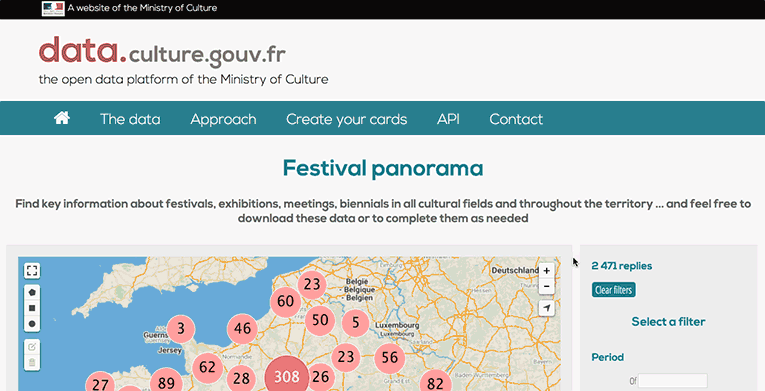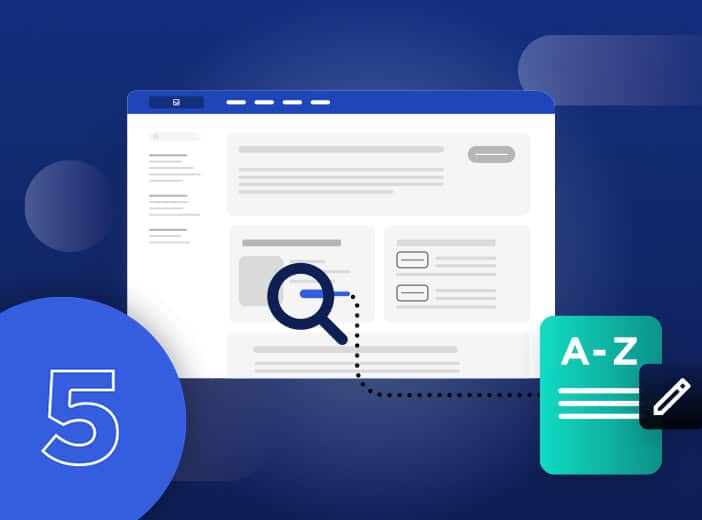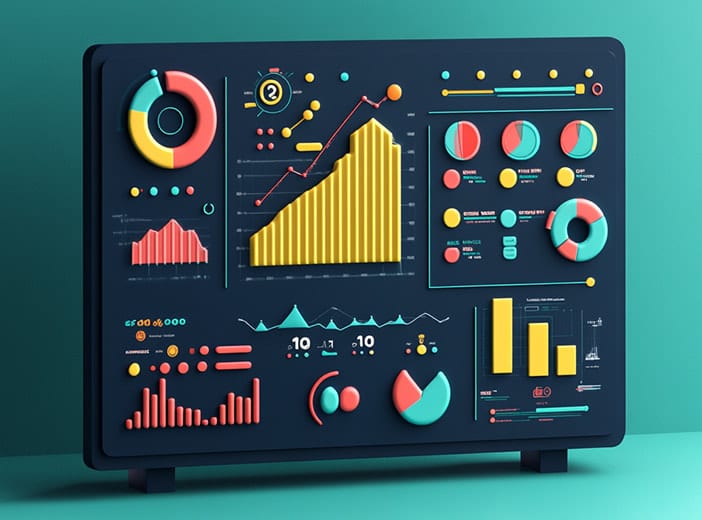3 Ways in Which Cultural Organizations Make the Most Out of Their Data
Here's a list of three cultural organizations that use data to promote art and culture amongst their communities.

Do you know about the European Heritage Days? Dating back to 1984, this annual weekend opens up different buildings, monuments, and sites usually closed to the public, to broaden access to architectural heritage throughout Europe. For example, whereas famous locations such as the Elysée Palace (where the French president resides and works) are closed much of the year to visitors, the European Heritage Days open their doors to allow visitors to enter certain rooms and see these famous locations for themselves.
Here’s a quick introduction to open data in the domain of culture! We’d like to offer you a look at three different initiatives and their results, potentially giving you some ideas on how to increase access to art in your own sphere!
1. Ministry of Culture Open Data
Back in December 2016, the Minister of Culture in France launched its open data portal. Almost two years later, the portal has 54 datasets on as varied topics as Museums of France, the number of visitors to museums, and events such as the Heritage Days, annual music fest, and the Rendez-vous Hip Hop. The goal of the initiative is to facilitate the creation of innovative applications and services for the ministry’s cultural offering.
In order to promote the use of its data, the Ministry has produced a guide available on its portal on opening and reusing public cultural information in digital formats. It aims to help better explain access rights, reuse constraints, and other important information to guide reuses.
The ministry itself is a reuser of its data in order to produce new resources. These tools make it easier to find information on cultural events, such as festivals, conferences, and even events surrounding the Heritage Days. For example, it created the Panorama of Festivals to allow users to search geographically and within a certain time frame for events. This tool has been reused already by a certain number of French cities in order to promote their cultural events.
Say for example I am going to be spending some time in Montpellier, in the south of France. I can zoom in on the area around the city, select the dates I will be there, and see what festivals will be taking place during that time frame. Thanks to tools such as this, it is far easier for users to find and access cultural events without having to search all over the internet.

Similar such tools can be envisioned for events like the European Heritage Days. It may even be possible to create a game out of this event, as was done with the Historical Monuments and Museums dataset, available on the Ministry of Culture’s website. The application France Explorers is a game allowing users to discover exceptional tourist sites, all while collecting different badges. It not only exposes different sites, but adds another layer to cultural exploration to explain the significance of sites while seeing what other users have visited. What if a similar application were to be built for the Heritage Days, also adding a way to tell which sites have the longest lines to help spread crowds? Possibilities are endless!
2. Bringing Museum Collections Online
The Albert Kahn Museum is located in an agglomeration just west of Paris. Inside this museum is the photography collection, Archives of the Planet, with pictures taken at the beginning of the 20th century all over the world. Since June 2016, the museum has been working with the local open data portal administrators to make the over 60,000 photos in the collection available in an open dataset. Ever since, various reuses have been produced to spread these photos far beyond the walls of this one museum.
One such example is the site Archives Kahn, where visitors can explore the photos by theme, year, or location in a very user-friendly, immersive experience. Such a project was possible thanks to the availability of the raw data with APIs. The project’s creator was able to build a website from scratch and put a user friendly interface over it for easy navigation. Other similar projects have been built, once again on more specific themes like French architecture, to focus in better on one particular theme of this massive collection. In essence, open data played and continues to have a key role to spreading art with a global audience.
3. Encouraging Cultural Tourism
Art collections are not the only example of open datasets spreading art. In the European Capital Brussels in addition to the nearby French city Roubaix have opened datasets containing geo-located images of street art. Such datasets could give birth to a breadth of applications to guide visitors along street art routes. If these datasets were combined with other datasets on monuments, for example, cities can begin to incorporate a digital offering in promoting local cultural tourism.
For example, thanks to the Comic Book Route dataset on the city of Brussels’ open data portal, a web page was created to give greater detail on this visit and make the main paintings easier to find.
Cultural open data offers a major opportunity to make art, cultural events, and heritage more accessible to entire communities and even travelers alike. While this could bring a measurable economic value to cities in terms of more visitors, there are even more important intangible effects on people from easier access to enriching experiences. Whether sharing photos, art routes, events, or more, putting the information out there in its raw form matters most to then see community members go one step further with their own creative projects.



